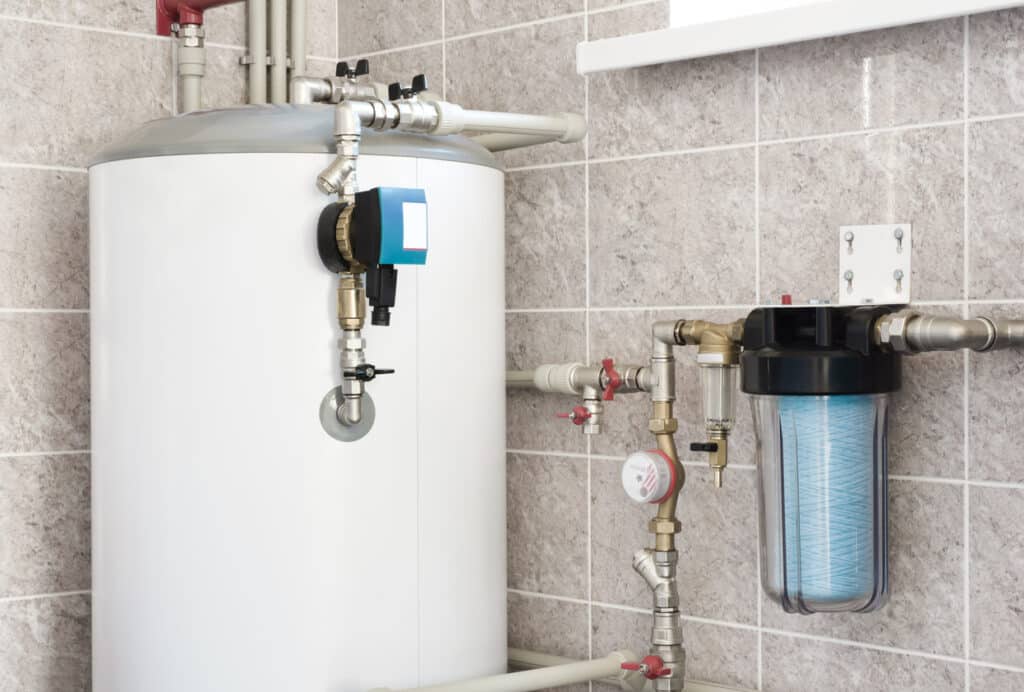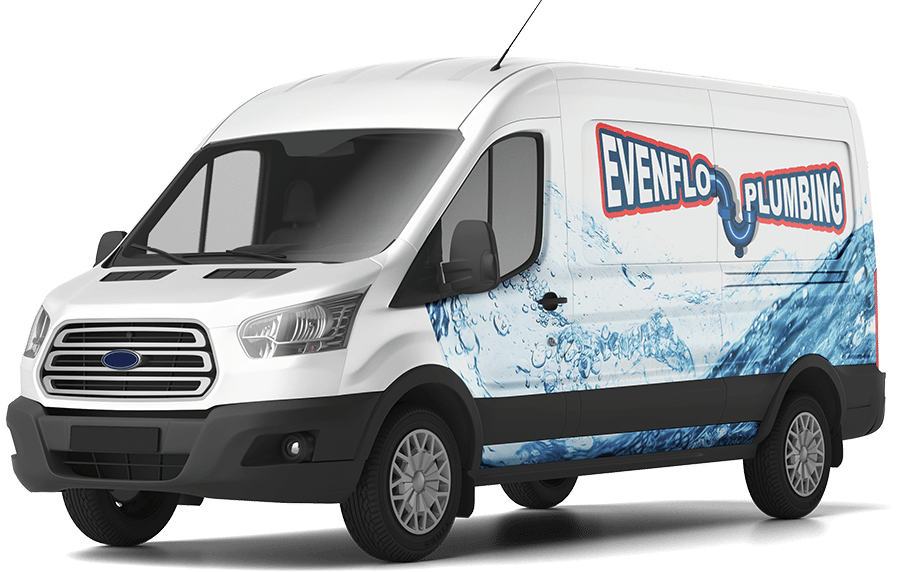If you’re used to cranking up the AC to combat summer heat, you’re probably about to face the most expensive months of the year when it comes to your home’s energy usage. Fortunately, your water heating needs aren’t as high during this season. By making a few adjustments to your water heater, you can maximize its efficiency, save water and electricity, and do a little good for the environment, too. Here are four tips to help you conserve energy with your water heater this summer.
Lower Water Temperature
During the summer, the water in your pipes is pretty warm by the time it enters your water heater. By lowering your unit’s water temperature, you can prevent it from spending unnecessary energy heating “pre-heated” water, and your family is also not likely to notice the change when summer hits. Even a change of a few degrees can make a difference. For maximum savings, aim for a temperature range that’s 10-20 degrees Fahrenheit lower than the default setting.
Check for Leaks
Because your unit is working constantly to serve all areas of the house, the chances of springing a minor leak somewhere in the system is very high. Leaks in your hot water pipes can lead to wasted water and, ultimately, wasted energy. Summer is the perfect time to check for leaks because there’s virtually no risk of water freezing in your pipes at this time, making it easy to identify potential issues. You can do this by visually inspecting your water heater and the area surrounding it for leaks or unexplained puddles.
Install a Timer
Without a timer, your water heater will continue to consume energy to store hot water until it’s ready to be used, even when your entire household is asleep and unlikely to need hot water for several hours. Installing a timer on your water heater allows you to run your unit during the times of day when you need hot water most. This prevents your unit from running constantly, which can save energy and minimize wear and tear on the various parts inside your unit.
Upgrade Your Unit
A water heater that’s over 10 years old will require more energy to do its job and may need to be replaced with a more energy-efficient model. While upgrading involves making a large up-front purchase, your unit will pay for itself with the amount of energy you’ll likely save over the next few years. Because you won’t have access to hot water for several hours during the installation process, it’s more convenient to replace your unit during the summer rather than the winter.
Call an Expert
If you’re concerned about your water heater’s energy efficiency, a licensed plumber can get you the answers you need. For plumbing and water heater services in Corvallis, OR, reach out to Evenflo Plumbing.




